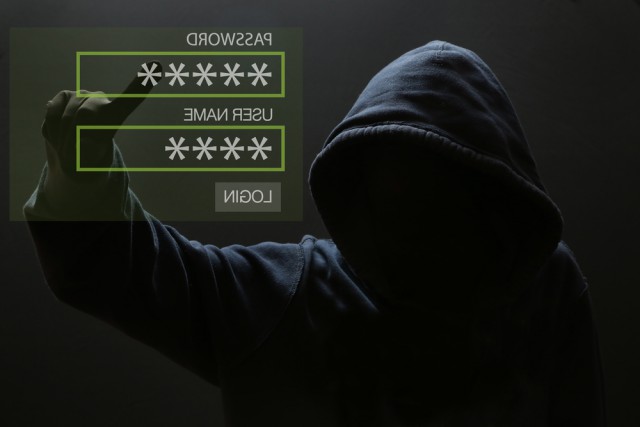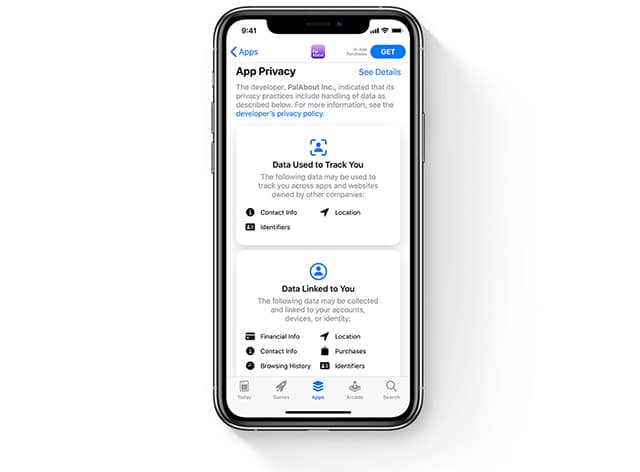
Google is putting Nest Hub smart displays in some hotel rooms, and that's totally fine
I consider myself to be rather privacy conscious, but I am not overly paranoid. Do I want Google having microphones in my home? Not really, but the convenience of being able to summon the Google Assistant with my voice outweighs my concerns. And so, I have a few Google Nest devices in my home -- including a Nest Hub smart display in my bedroom. Ultimately, consumers need to weigh the pros and cons before putting, say, an Amazon Echo or Nest Mini in their homes.
Now, Google is partnering with some hotels to put Nest Hub smart displays in their rooms. In other words, when guests enter their room, they will be confronted by the smart device. While some privacy pundits will decry this partnership, I welcome it. First of all, the functionality does not require the guest to login -- it will work without that. While the Nest Hub smart display has a microphone, it can be totally disabled via a hardware switch. Best of all, Nest Hub has no camera, so there is no risk of it recording video of your... adult activities. The search giant promises no audio recordings are stored either. Seems all good to me!

Dataguise allows enterprises to report breaches faster and more accurately
Personal data management software specialist Dataguise is launching a new system that enables organizations to report the impact of a data breach faster and more accurately than ever before.
GDPR requires reporting of breaches within 72 hours of becoming aware, and notifying affected individuals without delay. Dataguise is able to extrapolate the number of unique data elements in a data set quickly, with greater than 90 percent accuracy, using a patent-pending approach based on neural network technologies.

Quickly manage Windows 10's privacy and security settings with the open source Privatezilla
We’ve covered Spydish on BetaNews before. The tool is great if you want to boost your privacy and security in Windows 10.
Today Belim, the program’s developer, announces that Spydish has undergone a name change, becoming Privatezilla, and that’s not all. The program is also becoming open source. In order to achieve this, some important changes have been made, which includes replacing certain features.

Over 27 billion records exposed in the first half of 2020
Although reports of data breaches are down 52 percent in the first half of this year, the number of records exposed over the same period has soared to 27 billion.
The latest Data Breach Report from Risk Based Security shows 2,037 publicly reported breaches from January to June, a 52 percent decrease compared to the first six months of 2019 and 19 percent below the same time period for 2018.

Have I Been Pwned will finally open source its code base
Have I Been Pwned is unquestionably the best way to discover if your email address has been leaked in a data breach. The site can also check any passwords you use to see if they appear on the web and it can be fun entering some common choices to reveal how often they’ve been leaked. "Password", for example, has appeared in data breaches 3.7 million times, while "123456" crops up a whopping 23.5 million times.
The service is used in numerous third-party tools too, including Spybot Identity Monitor and 1Password. Have I Been Pwned is the work of Troy Hunt, and after failing to sell it earlier in the year, he has decided to take the step of opening source the code base in a quest for a more sustainable future.

Attackers bypass multi-factor authentication to hijack email accounts
Researchers at Abnormal Security have detected an increase in business email compromise attacks that successfully compromise email accounts despite the use of multi-factor authentication (MFA) and Conditional Access.
This is possible because legacy email protocols, including IMAP, SMTP, MAPI and POP, don't support MFA. In addition many common applications -- such as those used by mobile email clients (for example, iOS Mail for iOS 10 and older) -- don't support modern authentication.

Visits to high risk apps and websites increase 161 percent
There's been a huge shift to remote working this year, but new data shows that there has also been a 161 percent increase in visits to high-risk apps and websites as personal use of managed devices has nearly doubled.
The study from cloud security company Netskope finds that 64 percent of workers are now remote. Along with this increase in remote work has come an 80 percent increase in the use of collaboration apps as remote workers seek to remain connected with their colleagues

Using the HOSTS file to block Windows 10 telemetry? Microsoft now flags it as a severe security risk
The telemetry features that are built into Windows 10 have people falling into one of a few camps. There are those who don't even know what telemetry is, those who know but don’t care that Microsoft is gathering data from their computer, and those who know what it is and consider it to be a massive invasion of privacy.
For anyone who counts themselves in this last group, there are numerous settings, tools and techniques that can be used to block telemetry in Windows 10. One of the more ingenious is making use of the HOSTS file (used to resolve hostnames), but now Microsoft has updated its Defender tool so this is detected as a "severe" risk, specifically "SettingsModifier:Win32/HostsFileHijack".

COVID-19 apps: Social responsibility vs. privacy
The growth of coronavirus cases in a number of countries has led to talk about a second wave of the pandemic. According to WHO, disturbing news is coming from China, the US, Israel, South Korea, Iran and other countries. At the same time, privacy problems are arising with new force in COVID mobile apps.
It is a common opinion that Android app users don’t know how exactly their personal data and the information transmitted by the apps are actually used. Alarm signals of privacy breaking are coming from different places around the world. If you add to that the shortcomings and even errors on the part of developers -- the threat of unauthorized access to personal information increases even more.

10 billion exposed credentials and where to find them
Researchers at password manager NordPass have identified a total of 9,517 unsecured databases containing 10,463,315,645 entries with such data as emails, passwords, and phone numbers.
The databases are found across 20 different countries, with China being at the top of the list -- the country has nearly 4,000 exposed databases. This means that potentially more than 2.6 billion users could have had their accounts breached.

New store provides a one-stop-shop for privacy apps
When choosing data privacy applications in the past businesses have had to choose between a broad spectrum of capabilities of a focus on particular issues.
Now though SAP-backed data discovery and intelligence company BigID is launching a new Application Marketplace that allows organizations to build their optimum data solution, choosing specific capabilities that best fit their needs.

Microsoft previews new tool to control Windows 10 telemetry
For many people, the telemetry data collected by Windows 10 is an unacceptable invasion of privacy, and numerous tools have sprung up to give users control of just what information is collected and sent back to Microsoft. Now the Windows maker has a preview of a new tool for controlling Windows 10 telemetry data -- or diagnostic data as the company prefers to call it.
While Microsoft is eager for everyone to leave telemetry settings alone, its new tool gives some users a greater degree of control over things.

We're too boring to be hacked say millennials
Research into changing 'digital comfort zones' during the pandemic shows that 37 percent of millennials think they're too boring to be a victim of cybercrime.
The study from Kaspersky finds that millennials are now spending almost two extra hours online every day and almost half say this has made them more aware of their digital security, with 36 percent saying that they should be doing more to strengthen it.

iOS 14 privacy labels are not enough
Apple pays more attention to privacy protection issues than its competitors. Well-defined privacy policies and rather severe restrictions on what user information an app or extension can get make Apple products more secure for users.
However, from the perspective of transparency, everything was not so obvious for Apple. The latest announcement shows that the corporation is ready to take a few more steps towards increasing transparency in the field of privacy protection.

Poor privacy practices increase the chances of a data breach
Companies with the worst privacy practices are 80 percent more likely to experience a data breach according to a new study.
Data privacy platform Osano used its evaluation framework to measure the privacy practices of the top 10,000 websites against 163 different factors to develop an Osano Privacy Score.
